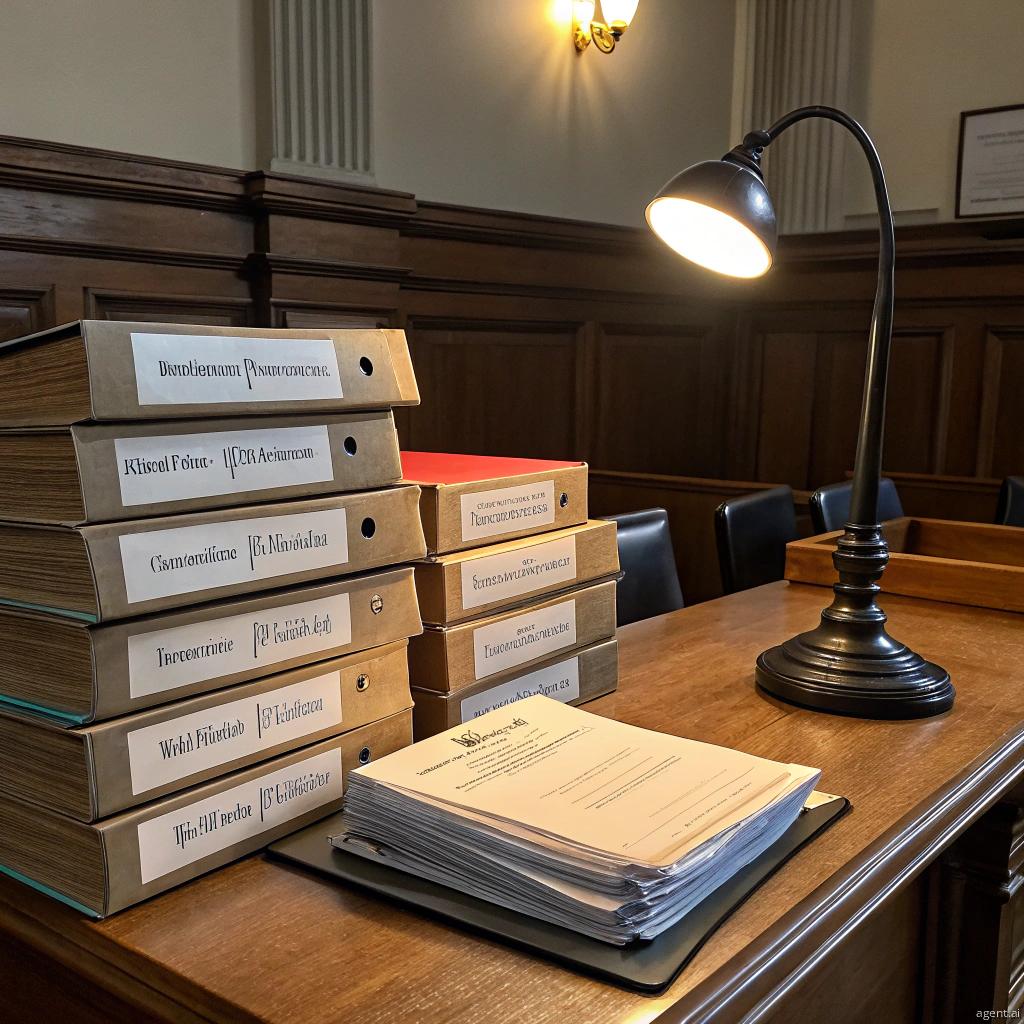Paralegal Key Skills.
Understanding Interviews and Investigational Skills
This is an introduction to the process of interviewing and
investigating in the legal field, emphasizing the importance of factual
analysis, comprehension of the law, and evaluation of information in legal
investigations. It outlines the three steps involved in factual analysis:
understanding the law and facts discovered, evaluating the reliability of the
facts, and applying the facts to legal issues. The importance of evaluating
information, including examining reliability, speculation, and verifiability,
is also discussed.
Part 2 - Key Terms
Part 3 - Key Terms
Part 4 - Key Terms
Part 5 - Q & A Examples
Paralegals are the backbone of the legal system, providing invaluable support and expertise to attorneys
Citations:
Parsons, Stephen P., Interviewing and Investigating: Essential Skills for the Paralegal, Eighth Edition, Aspen Publishers (2021)







